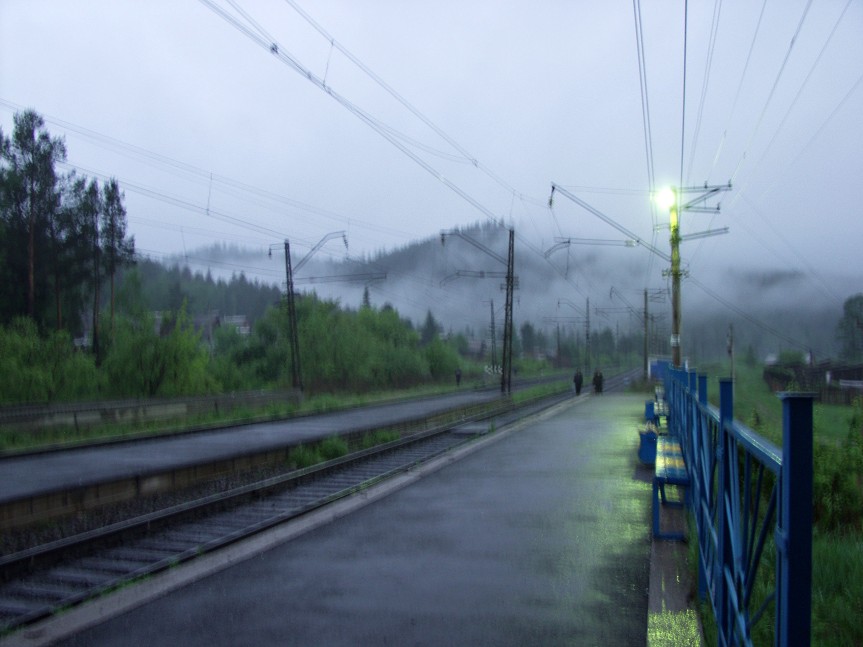I put on academia-e-d-u my reflections on translation that I prepared for a seminar in linguistic anthropology. I might not be able to attend the seminar scheduled for October because of the delay of my student visa, but I figured, if I won’t record the thoughts that this invitation prompted in me, they will remain in the noosphere.
Thanks to Professors A.W. and C.H. for the opportunity to think about it.
Whenever we think about translation, it is about (mis)translation inasmuch. Vladimir Nabokov famously required another Vladimir Nabokov to translate his own work (the list of qualities of his ideal translator that he named narcissistically centered Nabokov himself, who, at least in his own assessment, of course, possessed all these qualities). Some writers refused to translate themselves. Others, translating, transformed their own work to the degree it became an independent new work. The funny stories of mistranslations abound. In a sense, the situation when a speaker ventures into the unfamiliar territory of the new language brings risks. These risks are not unlike the risks that anthropologist experiences stepping onto the land where she did not live before—or even if she lived, in her new capacity of the researcher that defamiliarizes the familiar to her. The speaker of a language not mastered fully is in a similar situation. They are definitely outside of their comfort zone and up to surprises.
In my own practice, I used translation for the literary impossible purposes of recreating “the violet in the crucible,” by Percy Shelley’s expression, in my daily experience of living abroad from the country of my native language—Russia—for more than seven years, and in my anthropological practice. All these versions of translating things from one language into the other, from one culture into the other, were closely intertwined. I will begin with literary translation, talk about everyday translation, and finish with the translation in anthropological practice. The different ways to translate things lead to the Babylon point of bifurcation of the languages that might be not a curse but a blessing. All these instantiations are called into existence in order to be considered in the light of the main idea of this writing: there are no different languages; “language” is a social construct.
Before you frown at the triteness of the expression “social construct” or say “so, is everything social construct nowadays?”, allow me to elucidate my thesis. When I first heard myself to profess this conviction, which happened at a lecture of Expressive Culture at UT, Spring 2019, I was probably more surprised to hear it than anyone else in the audience. Yet,


